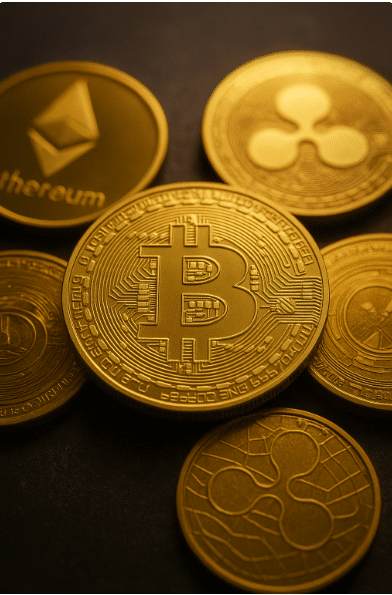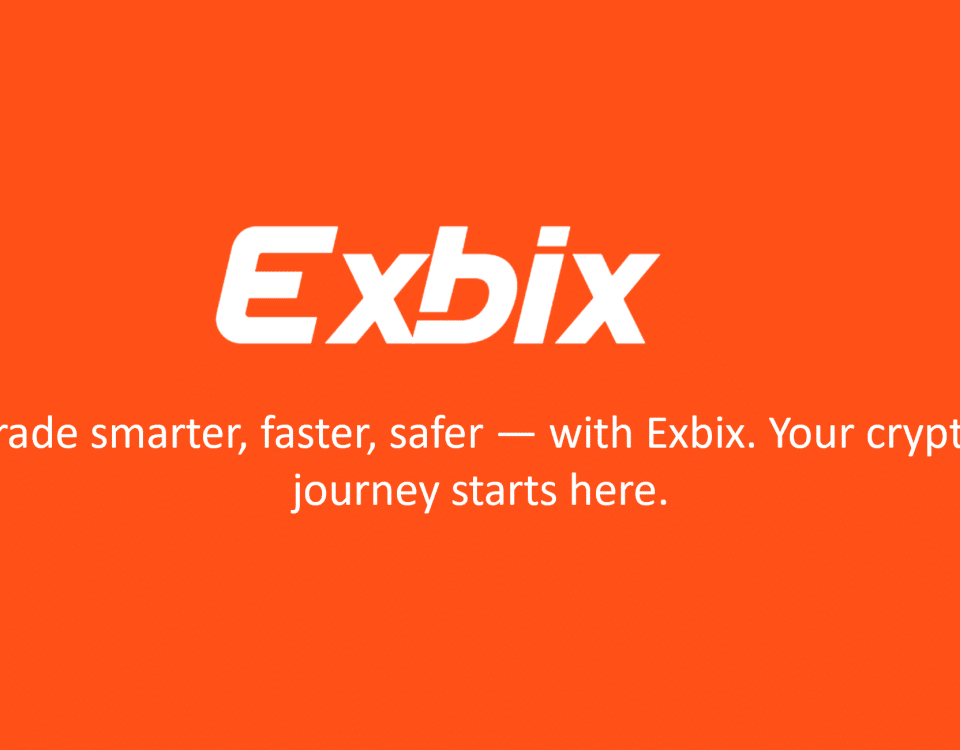
Cryptocurrency: The Digital Revolution Changing Our Financial World
August 16, 2025
Centralized vs. Decentralized Exchanges: A Deep Dive into CEX and DEX in the Crypto World
August 21, 2025Bitcoin is more than just a digital currency; it’s a symbol of financial freedom, innovation, and the power of technology to disrupt traditional systems. Introduced in 2009 by the mysterious Satoshi Nakamoto, Bitcoin started as an idea — what if money could exist entirely online, independent of banks, governments, or borders? Today, it has grown into the world’s first decentralized currency, with millions of users, investors, and enthusiasts around the globe.
Unlike traditional money, Bitcoin operates on a decentralized ledger called the blockchain. Every transaction is verified by a network of computers called nodes, making the system transparent, secure, and almost impossible to manipulate. This decentralized structure gives users true ownership of their money — no bank can freeze your account, and no government can control your Bitcoin holdings.
One of the most fascinating aspects of Bitcoin is its limited supply. There will only ever be 21 million Bitcoins in existence. This scarcity is embedded in its code, creating a digital form of “gold” that is resistant to inflation. Over the years, this has attracted investors looking for an alternative to traditional assets, driving Bitcoin’s value to unprecedented heights.
Bitcoin is not without challenges. Its price is notoriously volatile, sometimes swinging dramatically in a matter of hours. Regulatory uncertainty and evolving laws also create challenges for adoption and investment. Moreover, security remains crucial; while the blockchain itself is secure, Bitcoin wallets and exchanges can be targets for hackers.
Yet, despite these hurdles, Bitcoin’s impact is undeniable. It has inspired thousands of alternative cryptocurrencies and has pushed traditional financial institutions to innovate and adopt blockchain technology. People are using Bitcoin not only as an investment but also as a means to send money across borders quickly and with minimal fees. It represents a new level of financial independence and inclusion.
For anyone curious about the future of money, understanding Bitcoin is essential. It is not just a currency; it is a movement that empowers individuals, challenges traditional financial systems, and paves the way for a decentralized, digital economy. Whether you are an investor, a tech enthusiast, or someone exploring new ways to manage your money, Bitcoin offers a glimpse into the future of finance.





